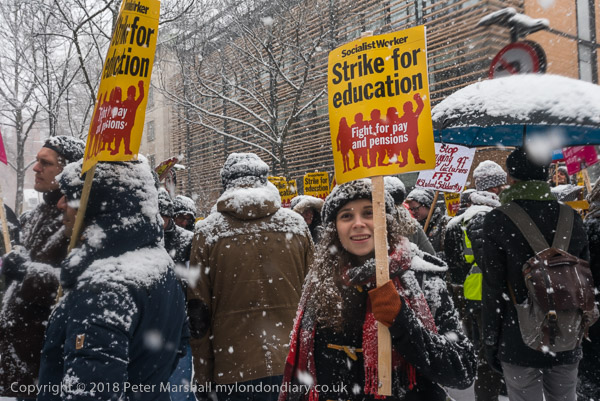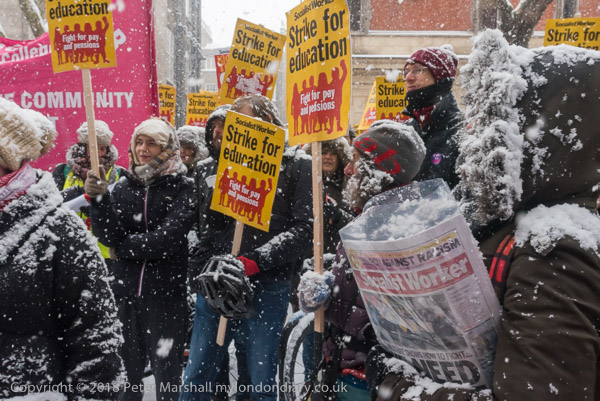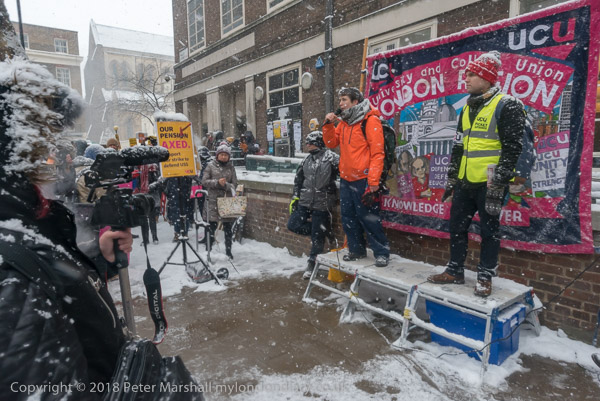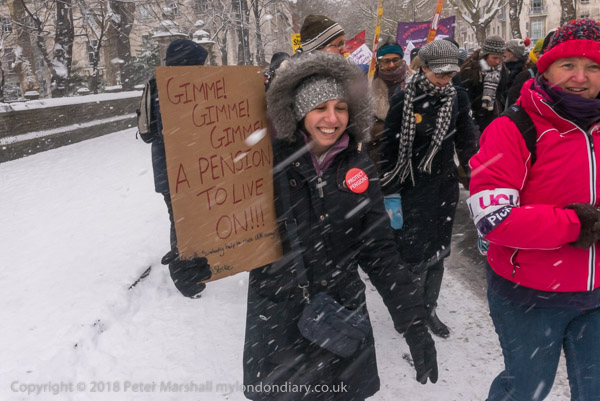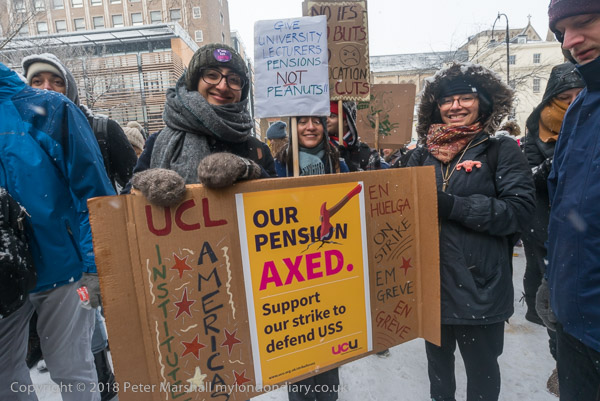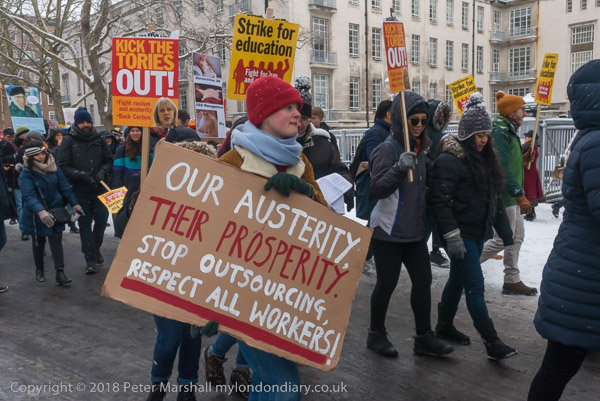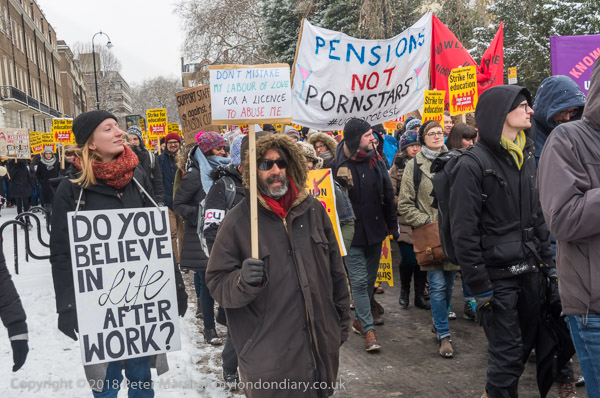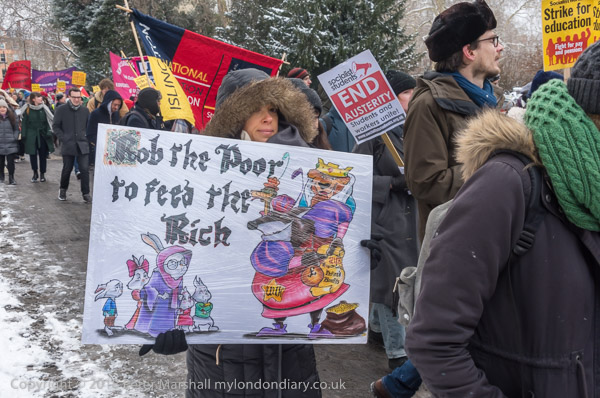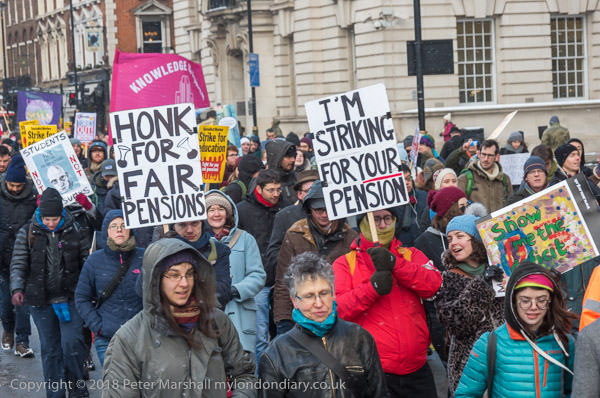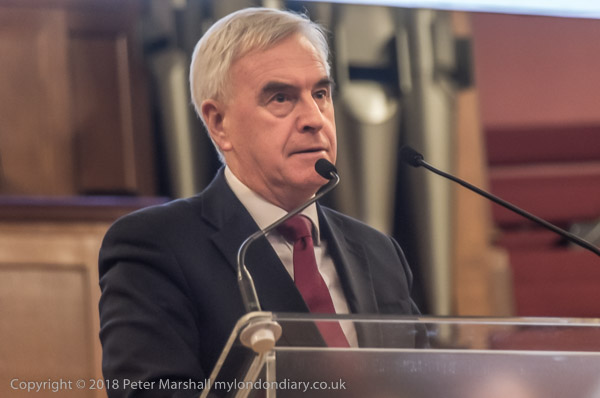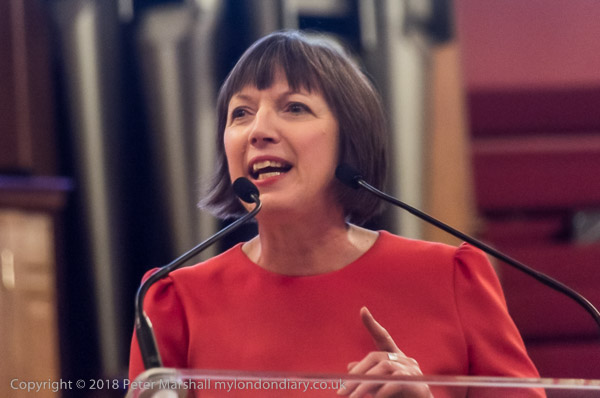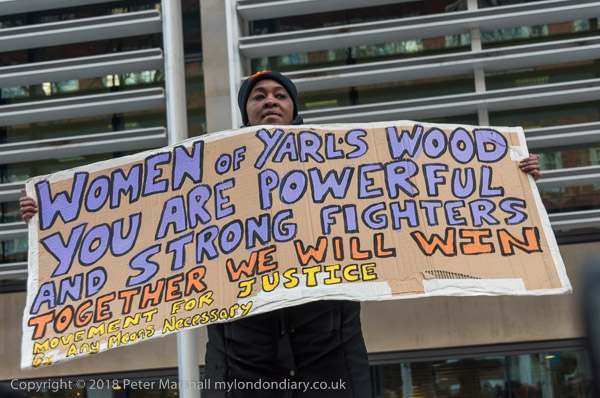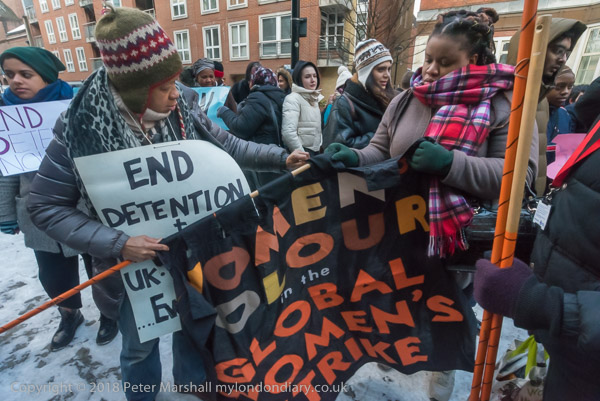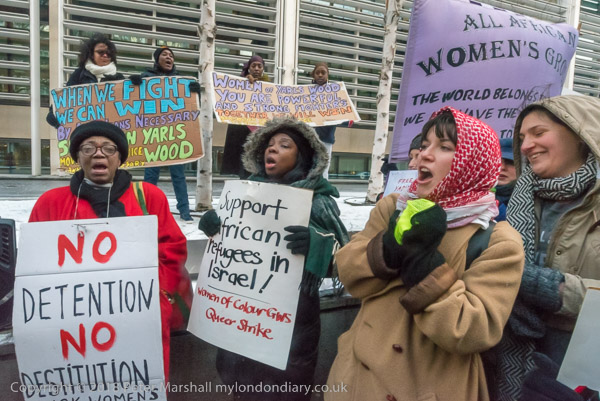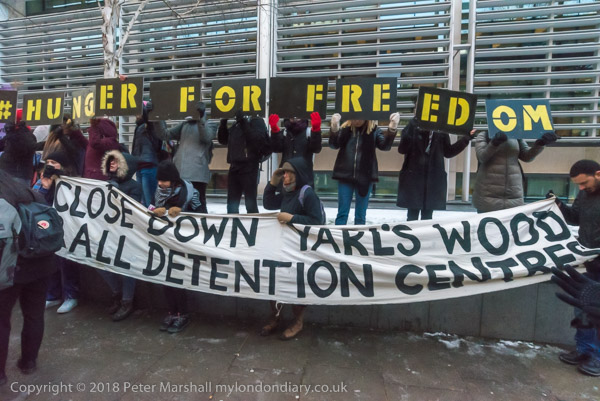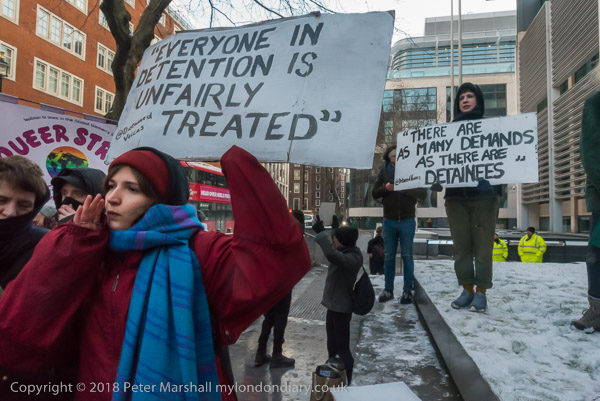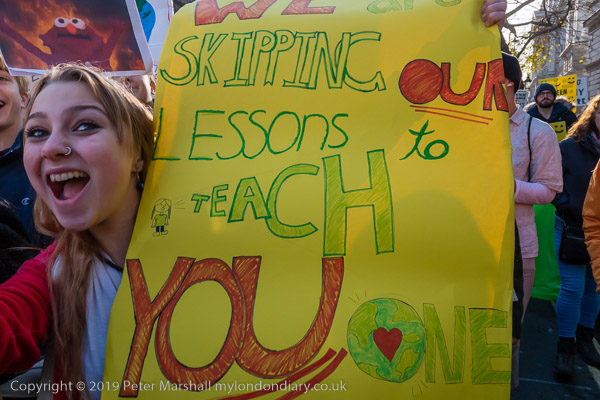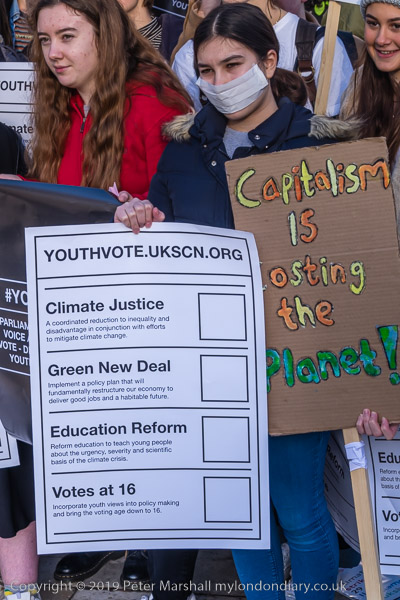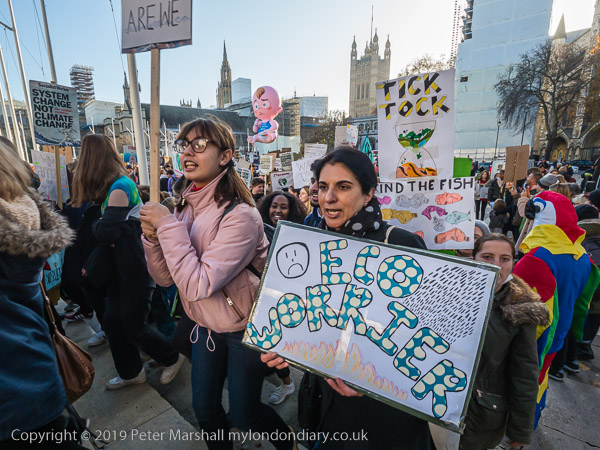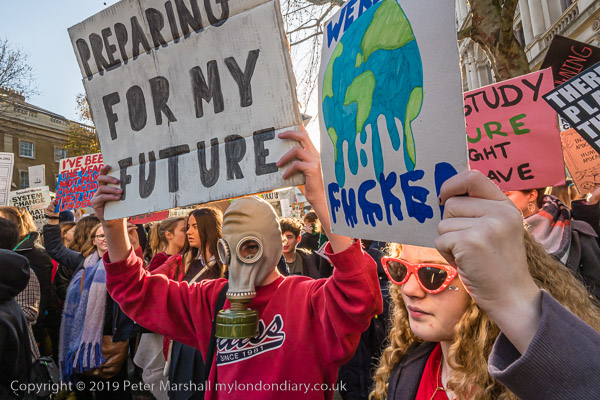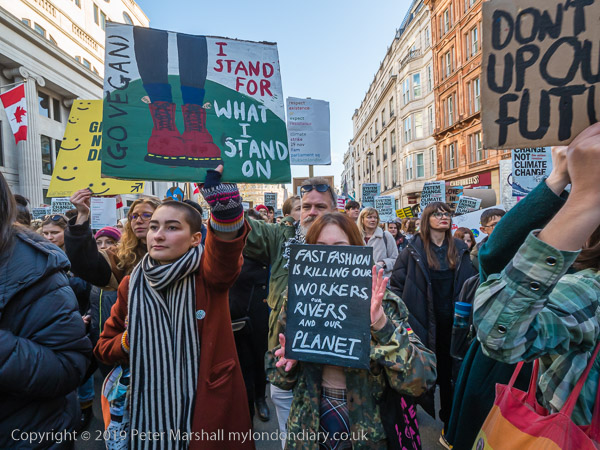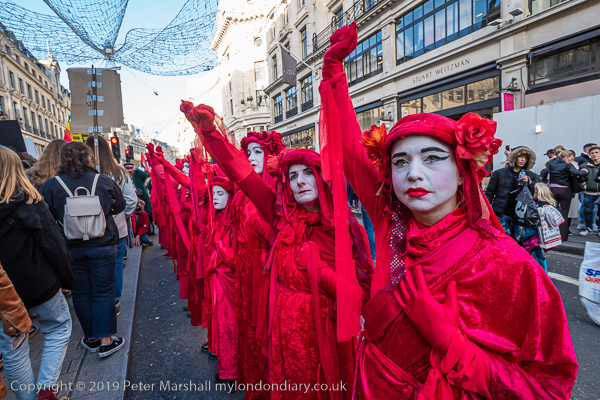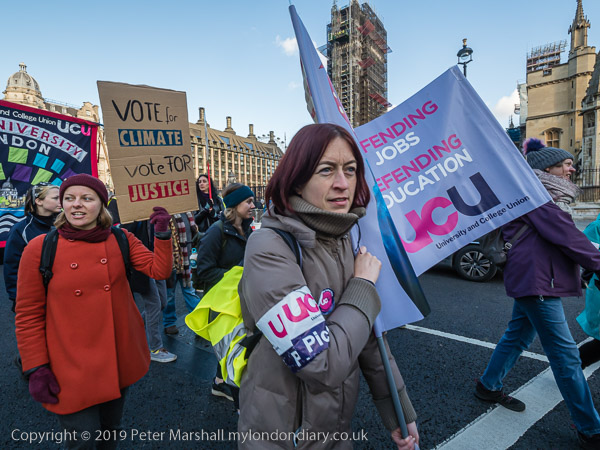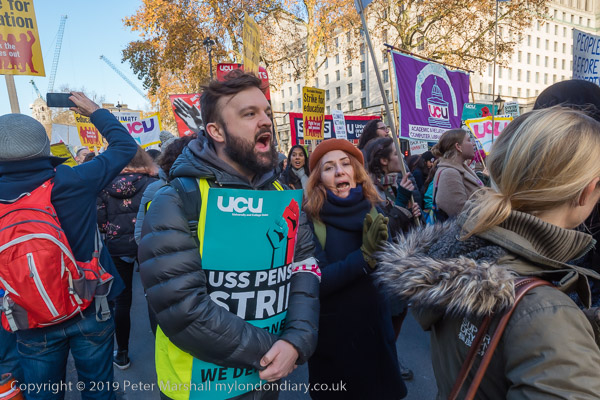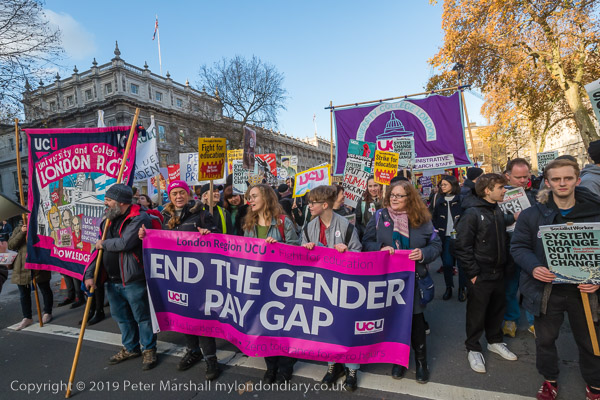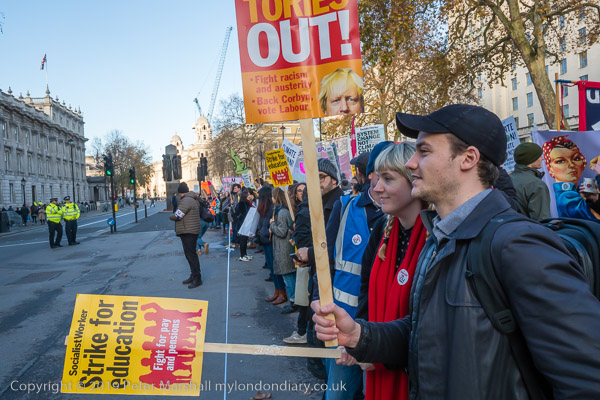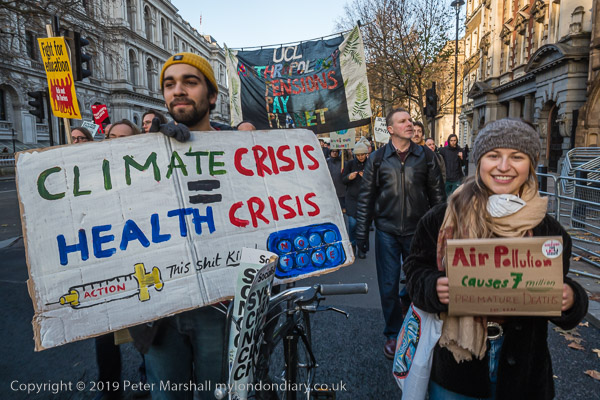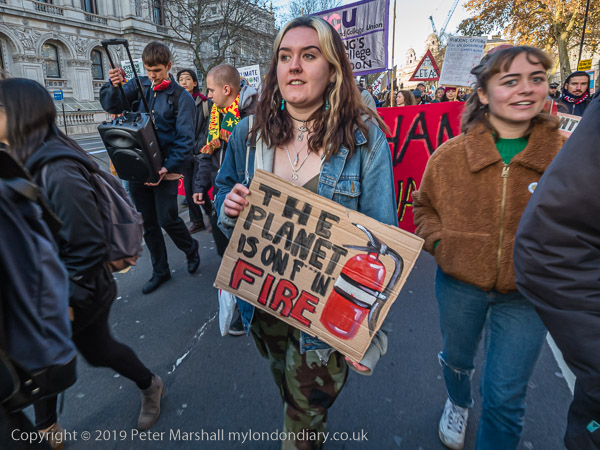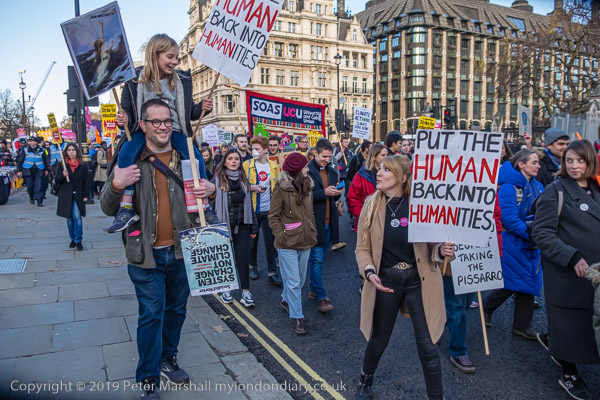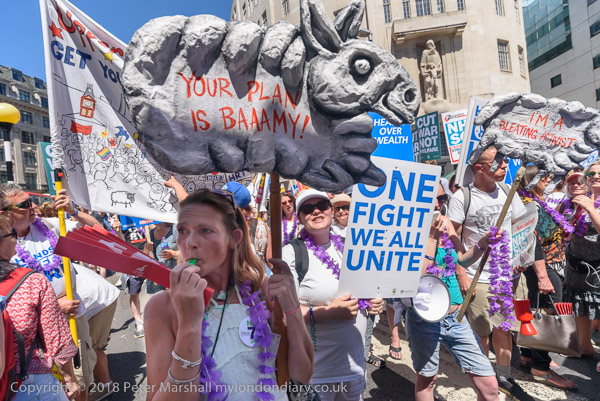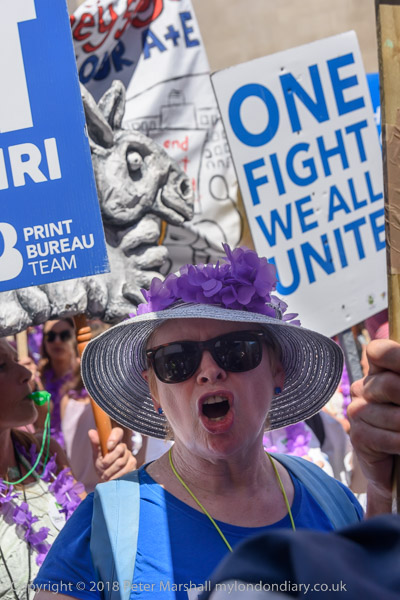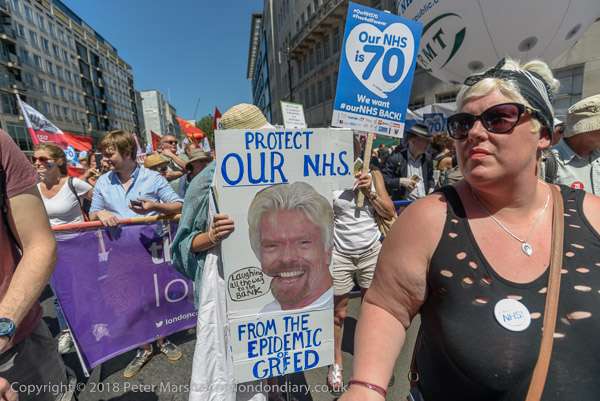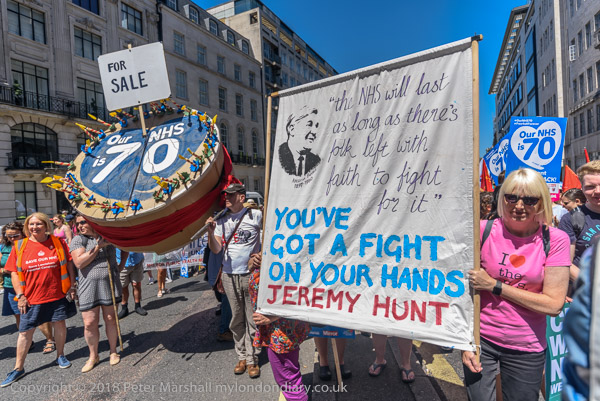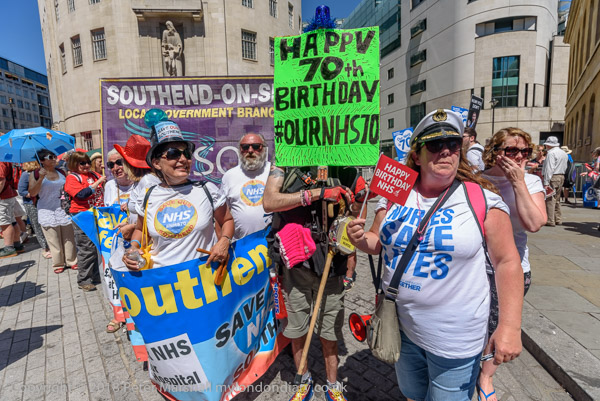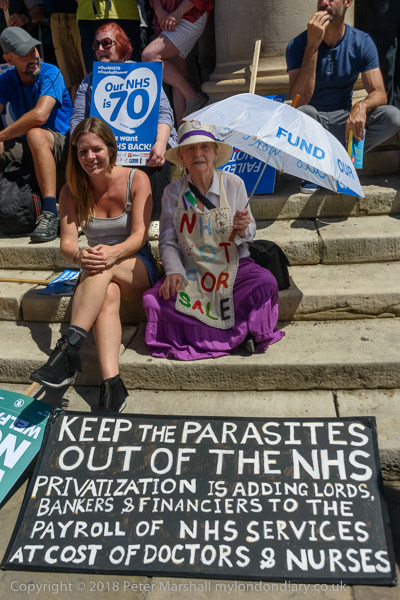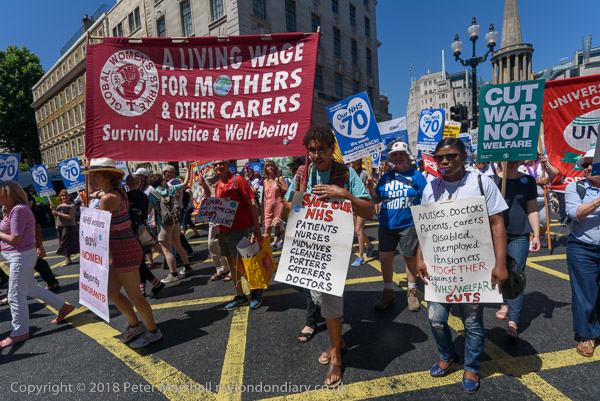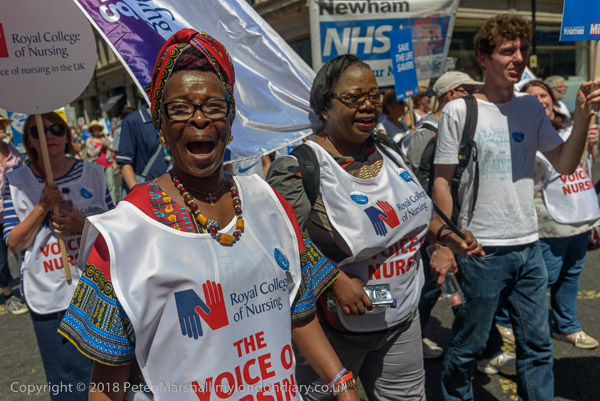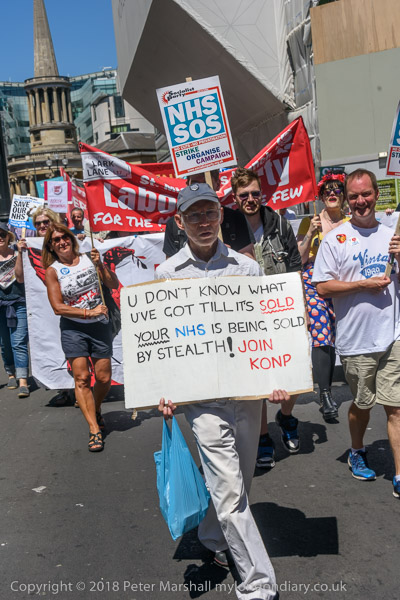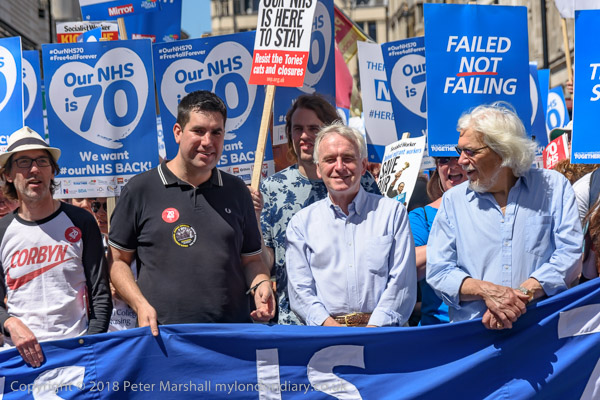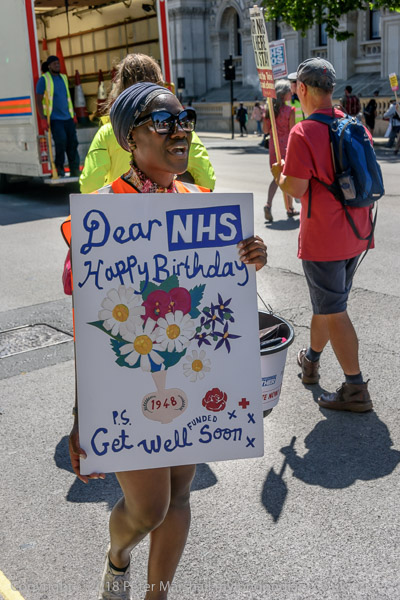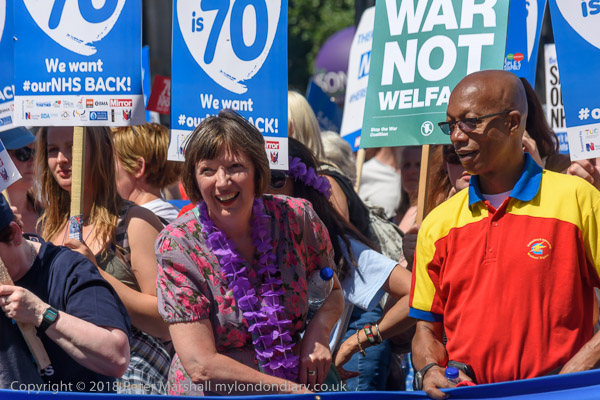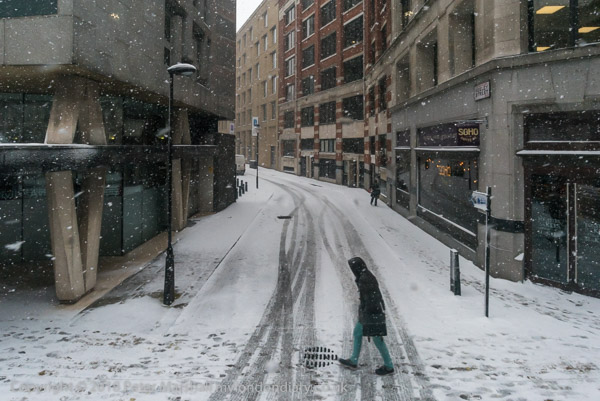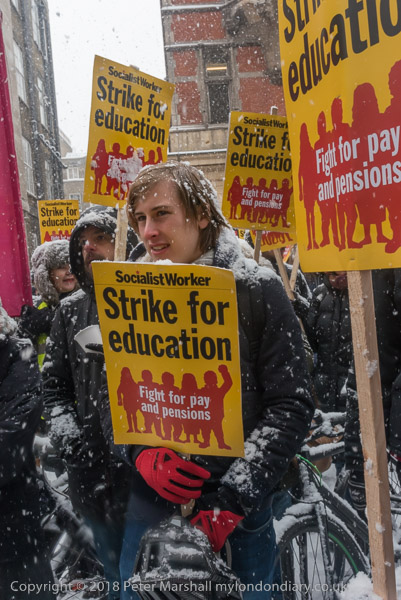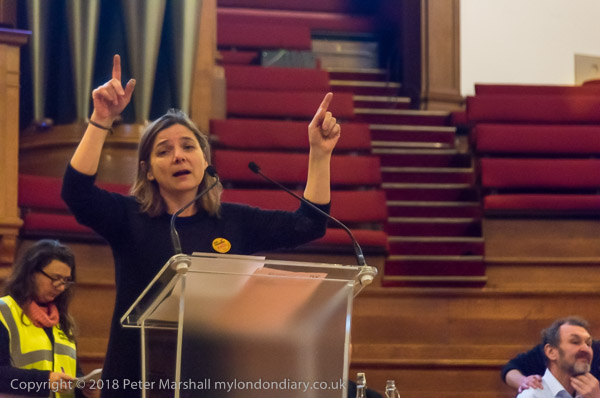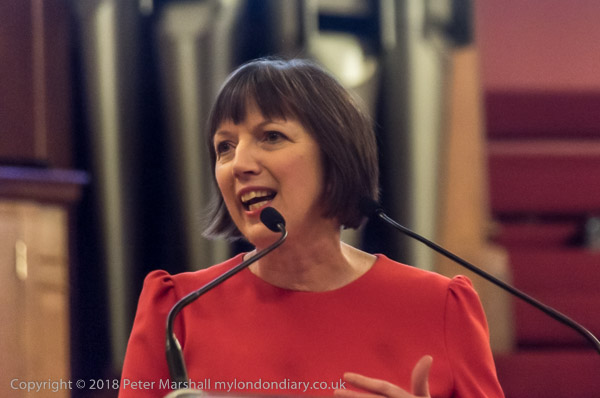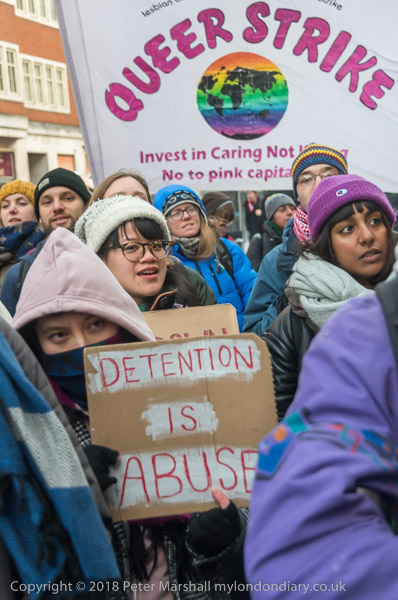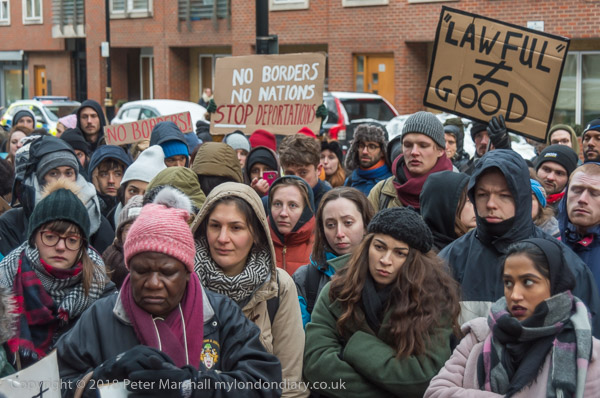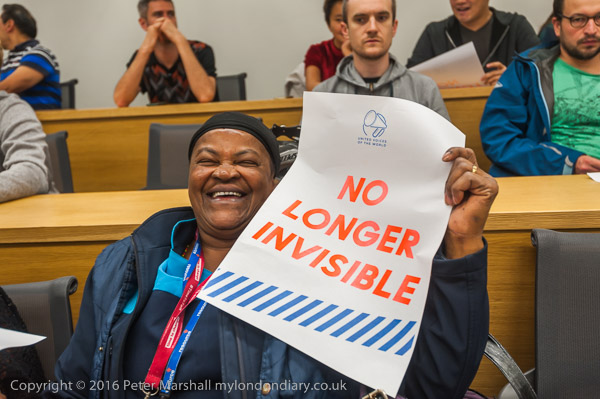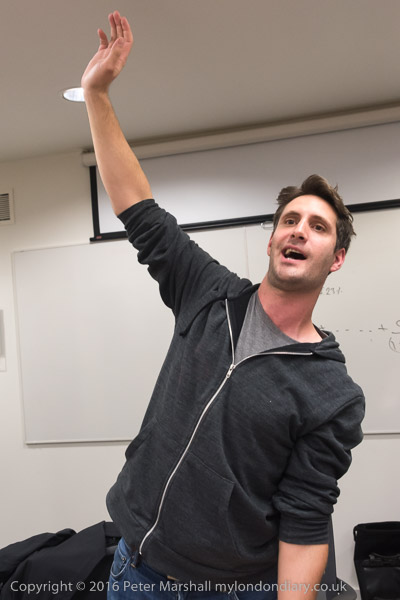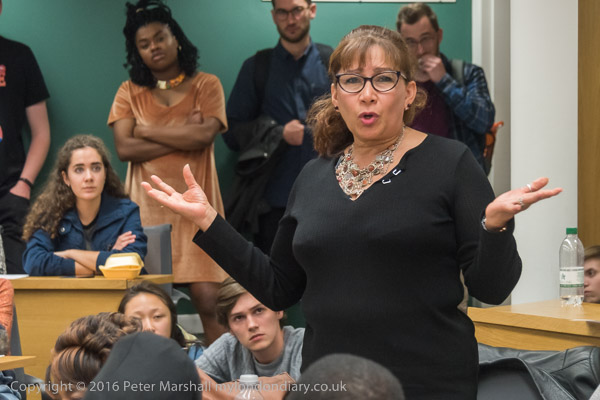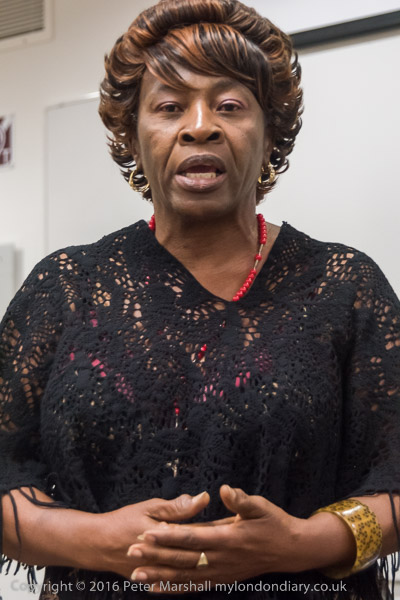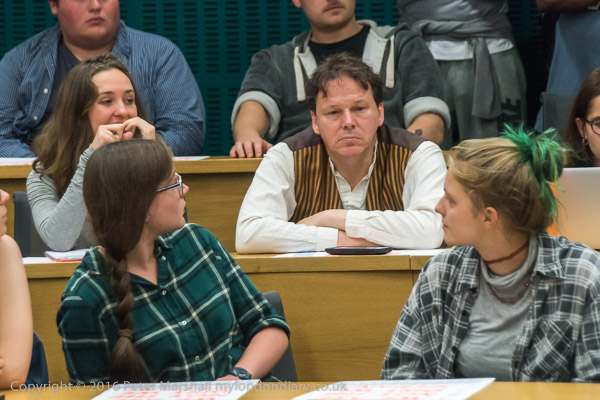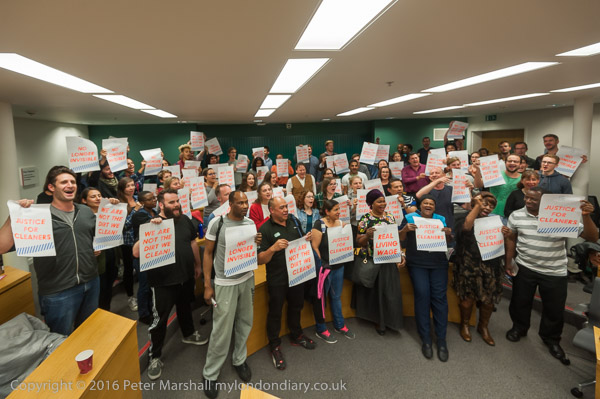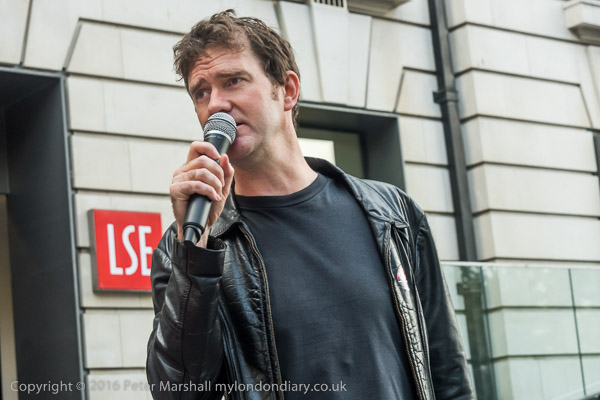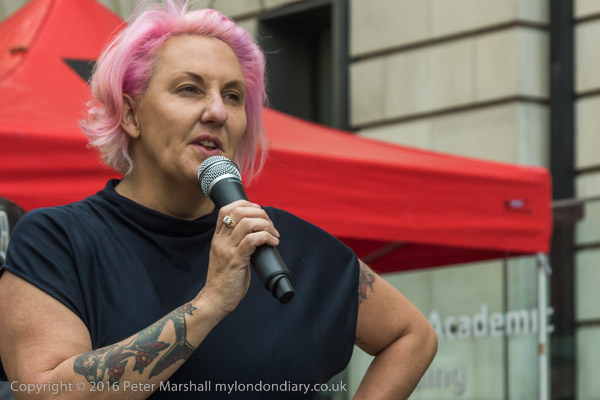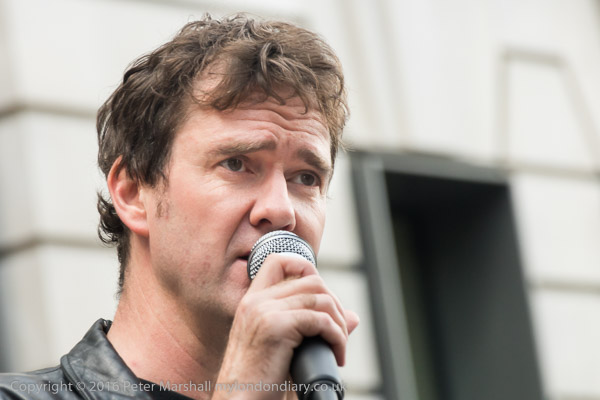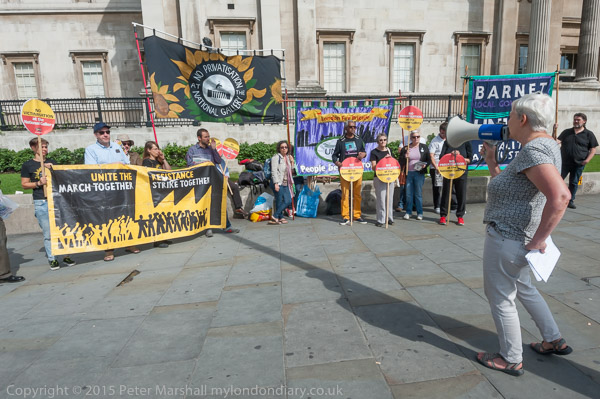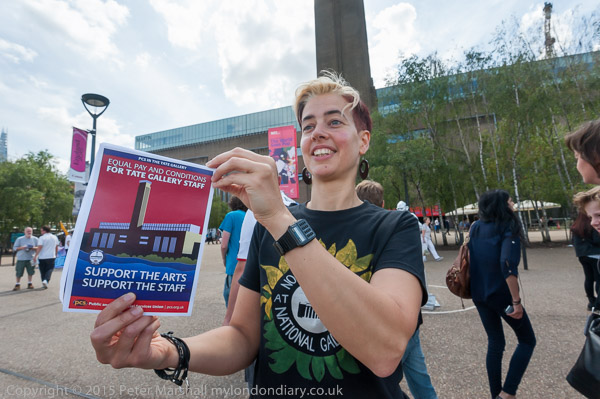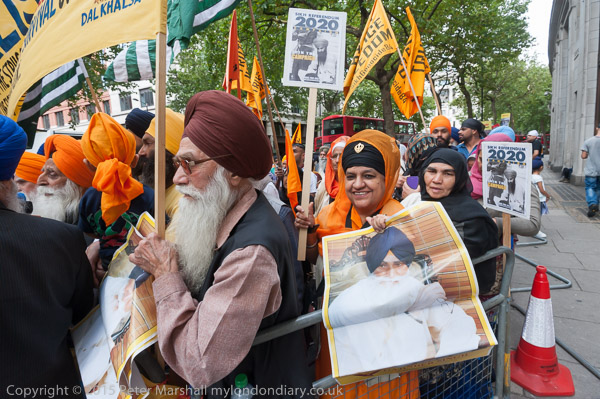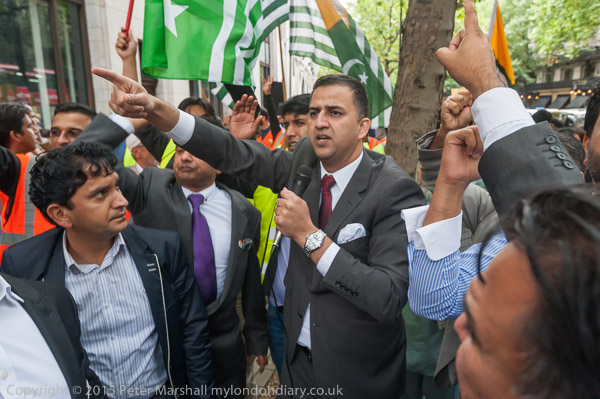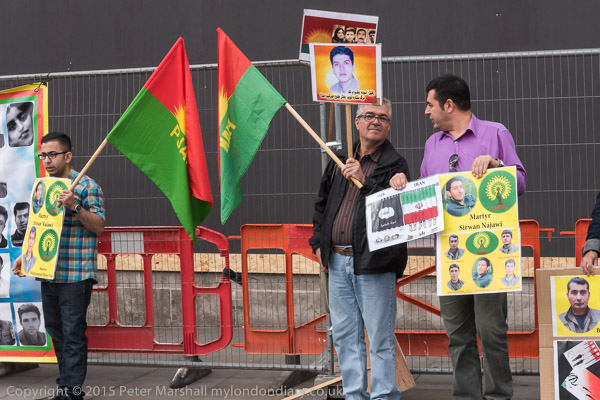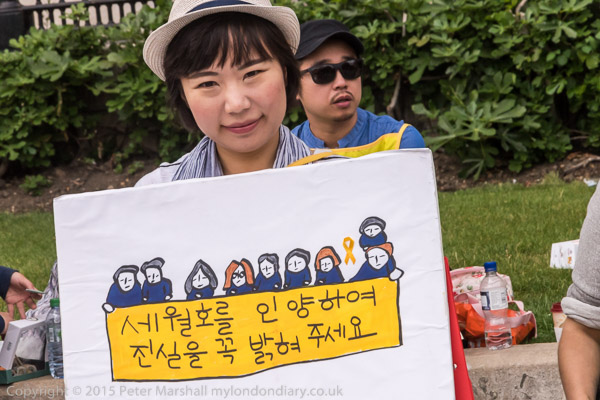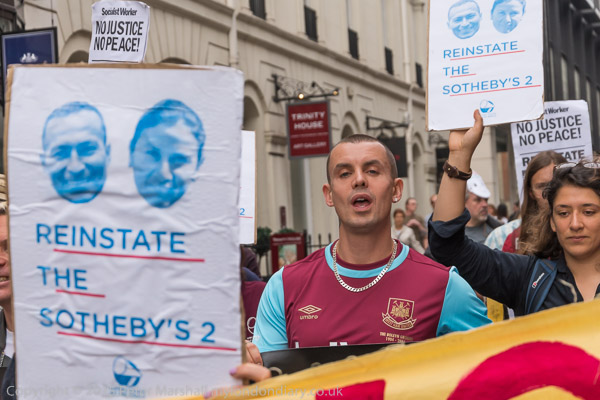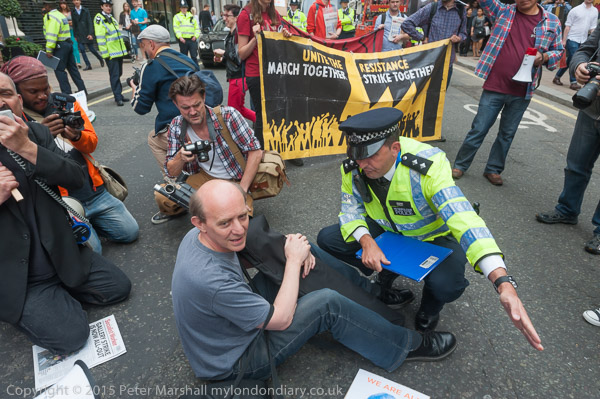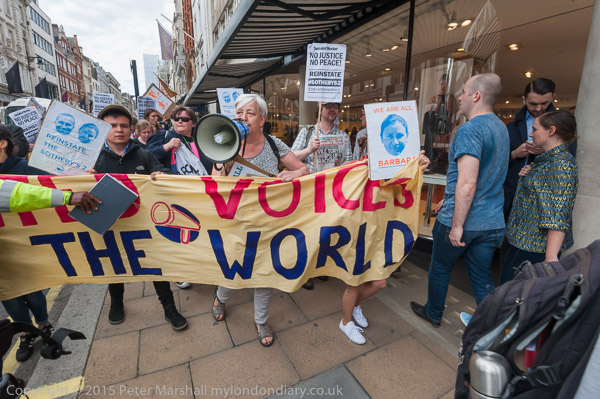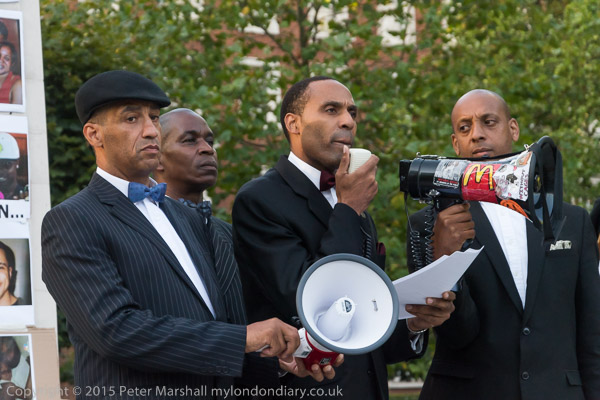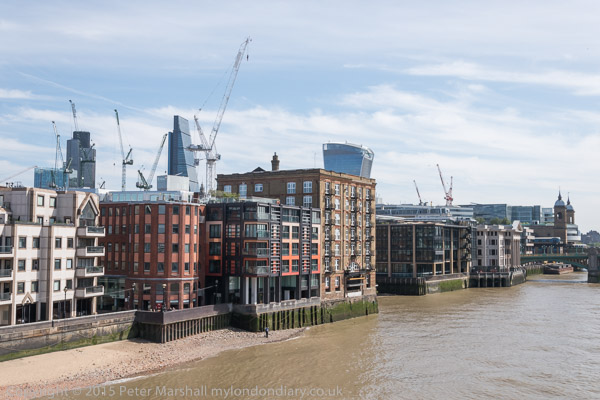Westminster
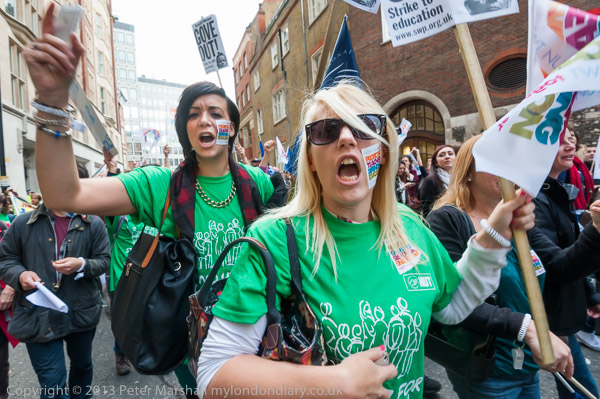
Teachers March against Government Plans: Teachers found Education Minister Michael Gove’s plans for education hard to believe and impossible to swallow and came out in force in a march to a rally in Westminster to protect education on Thursday 17th October 2013. The march brought traffic in Central London to a halt for some hours and was almost a mile long as it moved from Malet Street to Marsham Street past the Education Ministry in Great Smith Street.

Gove wanted to totally deregulate teachers’ pay and conditions, which would allow all schools to set their own pay levels, working hours and holiday dates. Getting rid of the national agreements would lead to chaos and at school level, waste much time and effort in bureaucracy. Even schools which are ‘academies’ and are not required to follow the statutory guidelines have mostly chosen to do so, and the guidlines still apply to those staff working in academies who are subject to TUPE protections.

National pay negotiations lead are fairer and prevent much pointless competition between schools to attract the best teachers and avoid contention between management and staff.
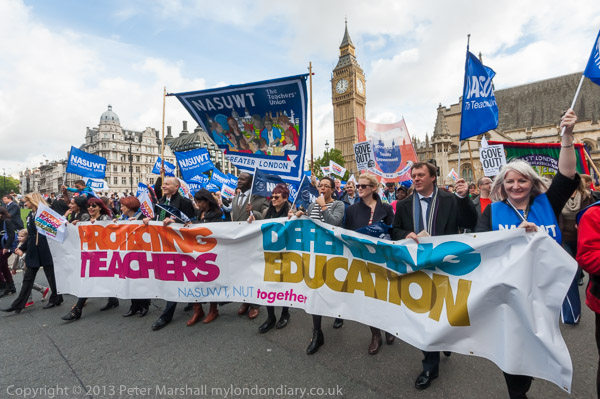
Both the NUT and the NASUWT unions supported a day of strike and this rally and march by striking teachers from London and the South and some London boroughs reported over 40% of schools completely closed, with less than 10% able to work normally.
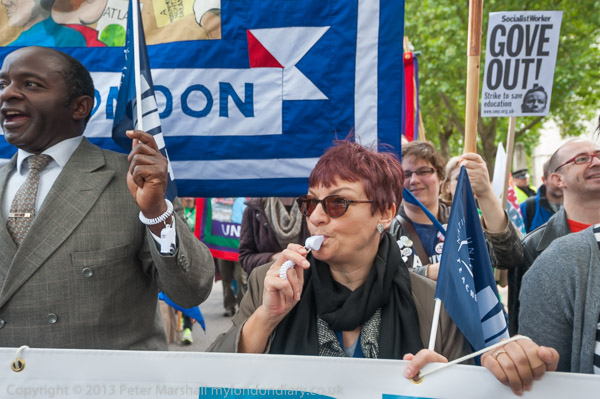
I taught full-time in education for thirty years, almost ten years in a large comprehensive and later in a sixth form and community college before taking early retirement to concentrate on being a photographer and writing about photography rather than teaching it (and other subjects.) Few outside the profession realise how stressful it can be – or the long hours involved. Most only think of the long holidays and the early end of most school days.
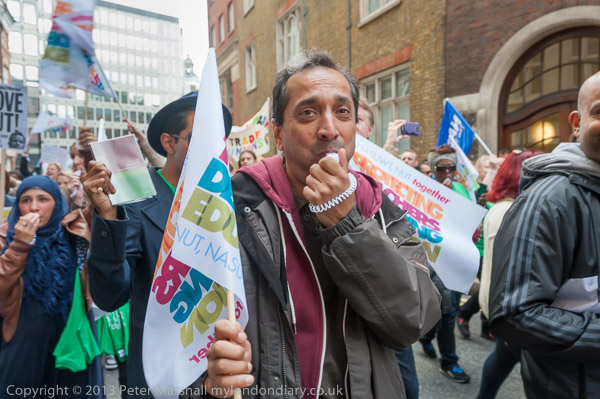
The teachers wanted Gove to carry out the long overdue valuation of the Teachers’ Pension scheme and to withdraw the threat to make teachers work until they are 68, and his proposals for Performance Related Pay.
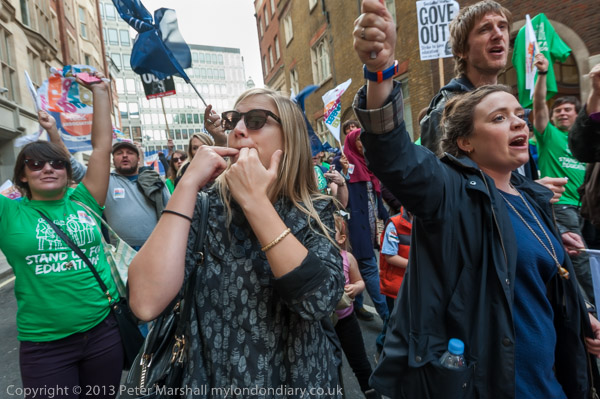
I met the front of the march as it came down Whitehall and past Downing Street where it got very noisy with teachers shouting, with many were clearly very angry with the government’s proposals which they feel wreck our education system.
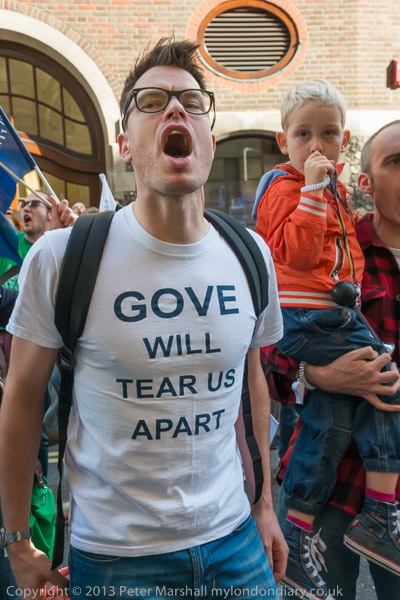
I kept at the front of the march to photograph it in Parliament Square where it passed Big Ben at noon before going on to the Department for Education, there were far too many on the march to get inside the hall for the rally and those not in the front section stopped here to make their vews clear.
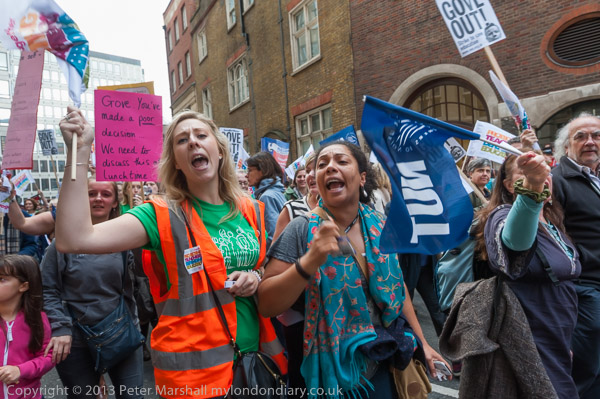
They condemned Gove for not listening to teachers or educationalists and ignoring any opinion or research that doesn’t support his own views – or gets in the way of his plans to monetise and privatise our state education system.

But although the marchers were united and noisy in their opposition to Gove, angry and disgusted with his intentions, it remained an peaceful protest. Many of them had come withy their children – whose schools were shut for the day.

I had other things to do and had to walk to my next destination, as the bus services were completely disrupted with many roads jammed with traffic. At Aldwych I did get on a bus, but got off it five minutes later as it had only moved a few feet. An hour later when I was on my way home traffic on Kingsway was still moving at less than walking speed in both directions.
More on My London Diary at Teachers March against Government Plans.
Flickr – Facebook – My London Diary – Hull Photos – Lea Valley – Paris
London’s Industrial Heritage – London Photos
All photographs on this page are copyright © Peter Marshall.
Contact me to buy prints or licence to reproduce.
